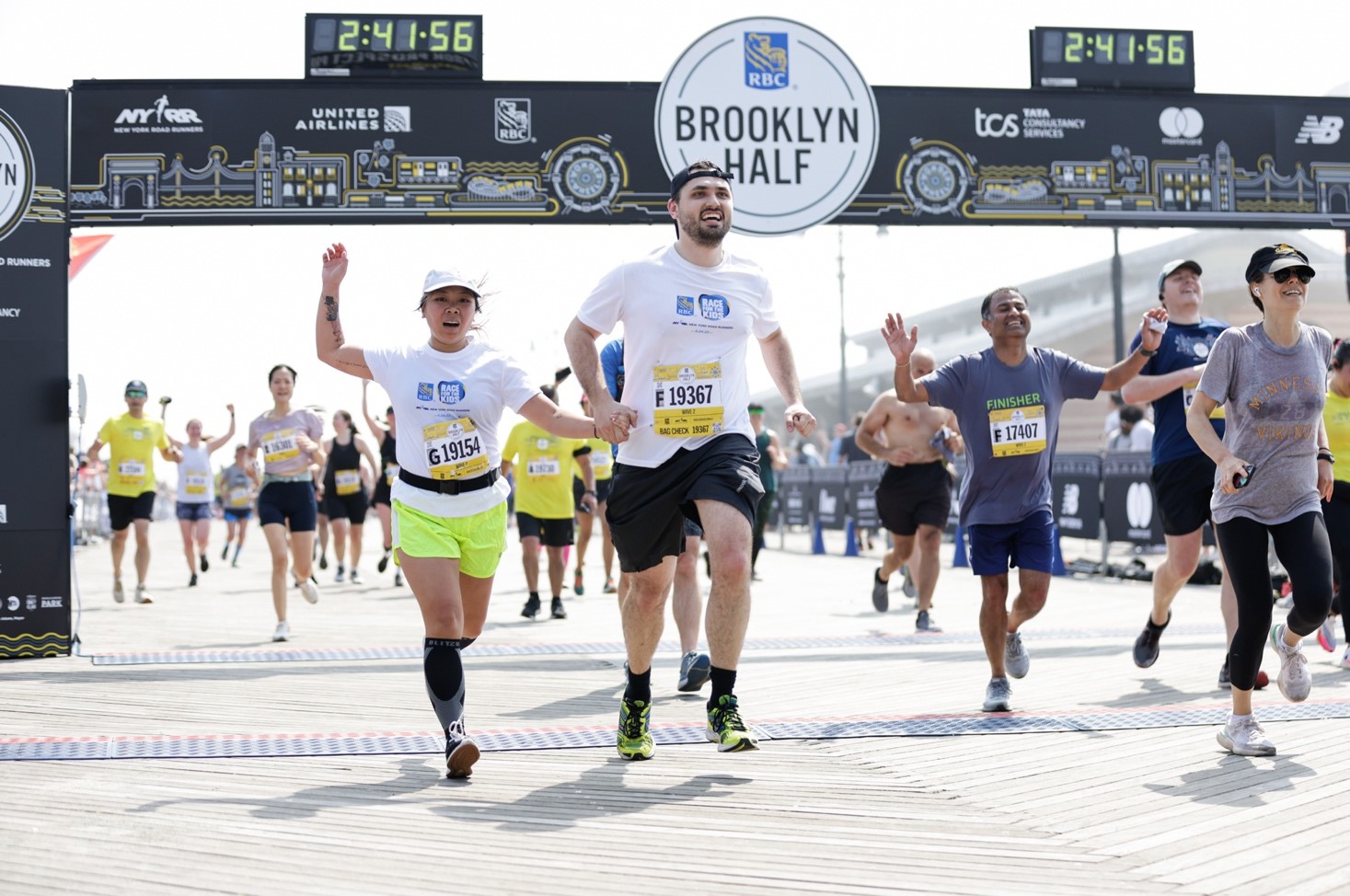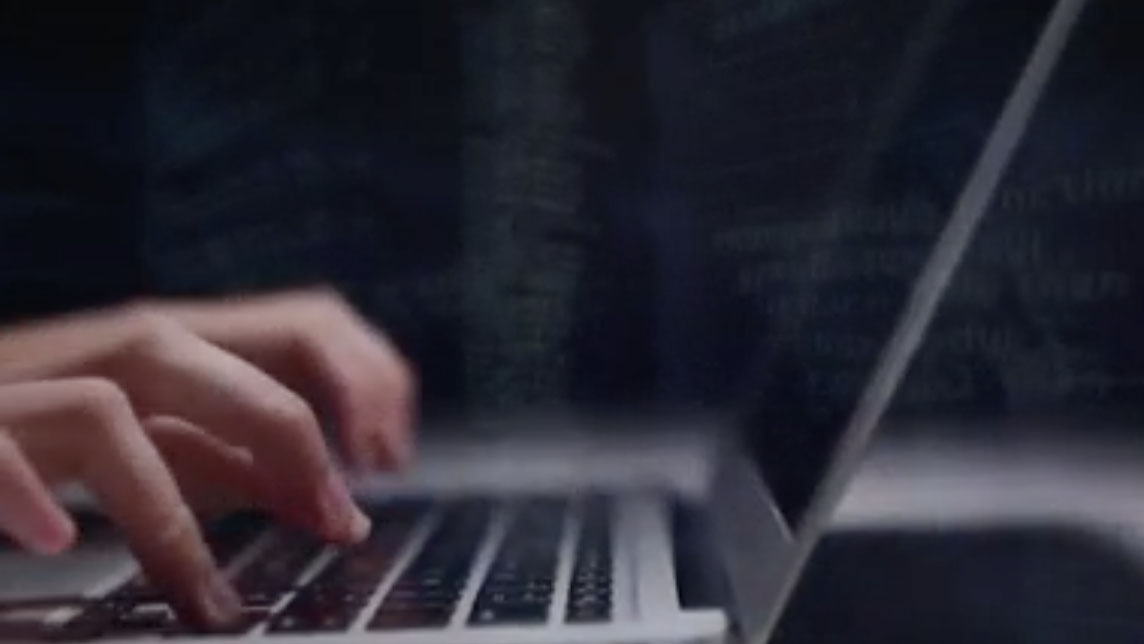When state officials changed election procedures on the fly so people displaced by last week's massive storm would have a chance to vote, the directives triggered confusion for voters and local officials, concerns about vote security and at least one legal challenge over access to ballots.
Still, Gov. Chris Christie and two of the state's most prominent election watchdogs say they believe the access to the polls was preserved under unprecedented circumstances.
Kerry Margaret Butch, executive director of the League of Women Voters of New Jersey, said Wednesday she believed that election officials from poll workers to Lt. Gov. Kim Guadagno, who's also secretary of state and the top election official, were doing what they could to ensure access to polls.
"There were a lot of people who were frustrated by the system because it wasn't perfected," Butch said. "But there were no dress rehearsals on this one."
It's unclear how many voters cast ballots in the nontraditional ways the state opened leading up to Tuesday's election, but it's likely to number at least several thousand. Many of their votes haven't been tabulated, and some won't be until at least next week.
In the days after Sandy hit on Oct. 29, devastating swaths of the coast, flooding some inland areas and knocking out power across the state, Christie said he could not worry about politics or the technical details of running an election that was only a week away.
But Alex Shalom, policy counsel at New Jersey branch of the American Civil Liberties Union, said that by about Nov. 1 Guadagno's office was conferring with voting rights advocates around the state about how to handle the election.
Local
More than 800 polling places were without electricity, so a major part of the scramble was to find new places for people to vote. Ultimately, fewer than 100 polling places were moved.
Also on Nov. 1, the state ordered county clerk's offices to open through last weekend so voters could pick up, complete and hand in mail-in ballots on the spot. Authorized messengers were allowed to pick up ballots for displaced voters.
On Saturday, Guadagno took additional steps: allowing displaced voters to complete provisional ballots at any polling place and giving them the option to vote by email or fax, something normally open only to state residents living abroad and members of the military.
That electronic ballot decision upset some voting rights advocates who said email voting is a fraud risk. And they were even more upset about the lack of clarity over one detail: The state initially did not say whether those voters would also have to mail in paper copies of their ballots as military and ex-patriot voters do as a way to verify the ballots' authenticity.
On Monday, Guadagno spokesman Ernest Landante said they would not have to. Hours later, he said they would.
Penny Venetis, a Rutgers-Newark law professor who runs a constitutional law clinic, weighed a challenge to Guadagno's directives, arguing in part she was changing laws.
"We want people to vote, we really do," she said Monday. "It's just that we don't want people to exceed their authority, and we want to vote in the safest way possible."
When the state finally clarified that voters submitting ballots electronically would have to send in paper copies, Venetis thought the word came too late to help everyone.
On Election Day, the electronic ballots requests came into election offices faster than they could be processed. There were reports of email inboxes filling up in Essex and Hudson counties and fax machines being busy constantly in some offices.
A judge rejected the ACLU's request to allow displaced voters to use a simpler blank federal absentee ballot that can be used by Americans living abroad and members of the military.
Guadagno issue a new directive Tuesday afternoon, giving county election offices until noon Friday to process electronic ballot applications that arrived by 5 p.m. Tuesday. Voters who receive electronic ballots them will have until 8 p.m. Friday to cast their votes.
Some election advocates fielded complaints of poll workers turning away displaced voters who should have been given provisional ballots. The ACLU's Shalom said that's to be expected because the rules changed after poll workers went through training.
"Next time we have a catastrophic storm a week before the election, we'll be better prepared for it," he said.
It's unclear whether any of the uncounted and not-yet-cast ballots from displaced voters could end up swinging local elections. But the state votes for president, Congress and two statewide ballot questions were all so decisive that they will not change.
Christie, a Republican, said Wednesday that his administration will study how the election was run and report on what could be done differently to handle voting amid a disaster.



